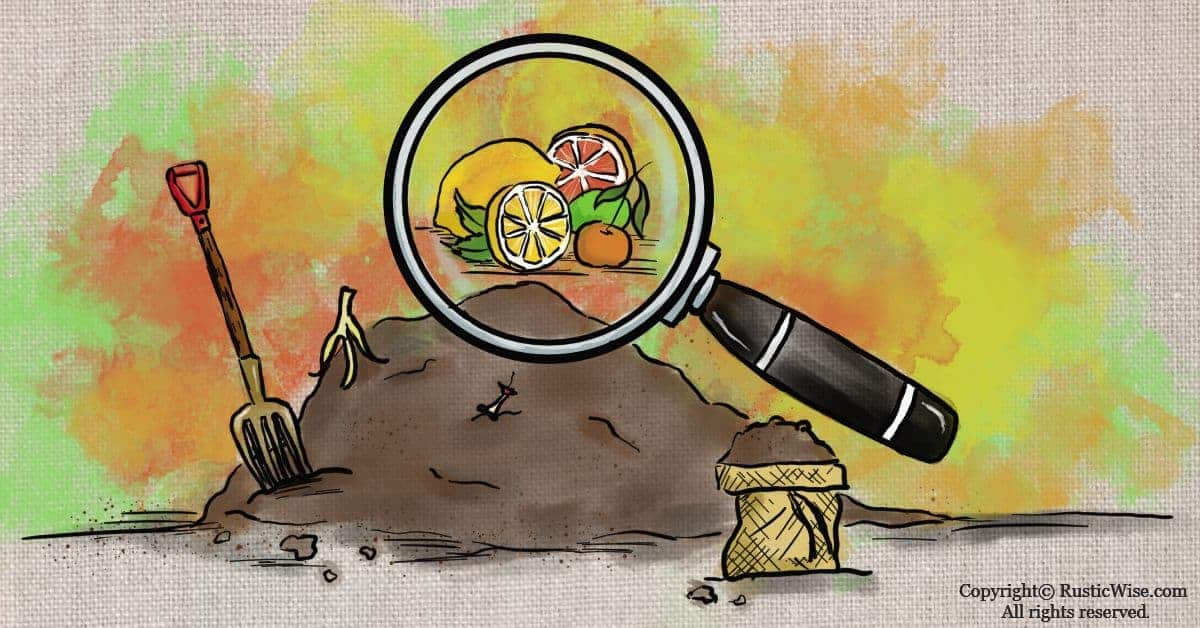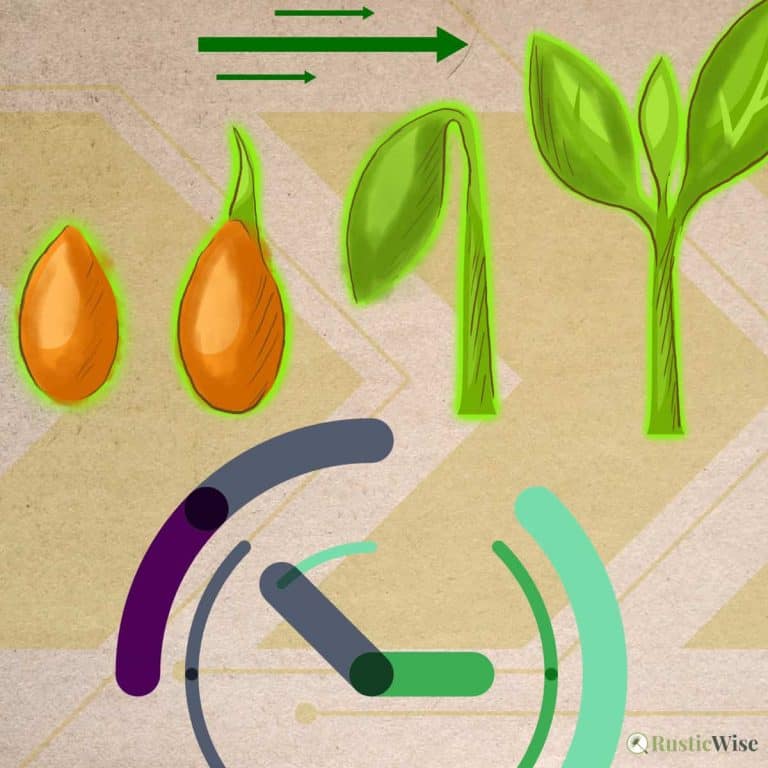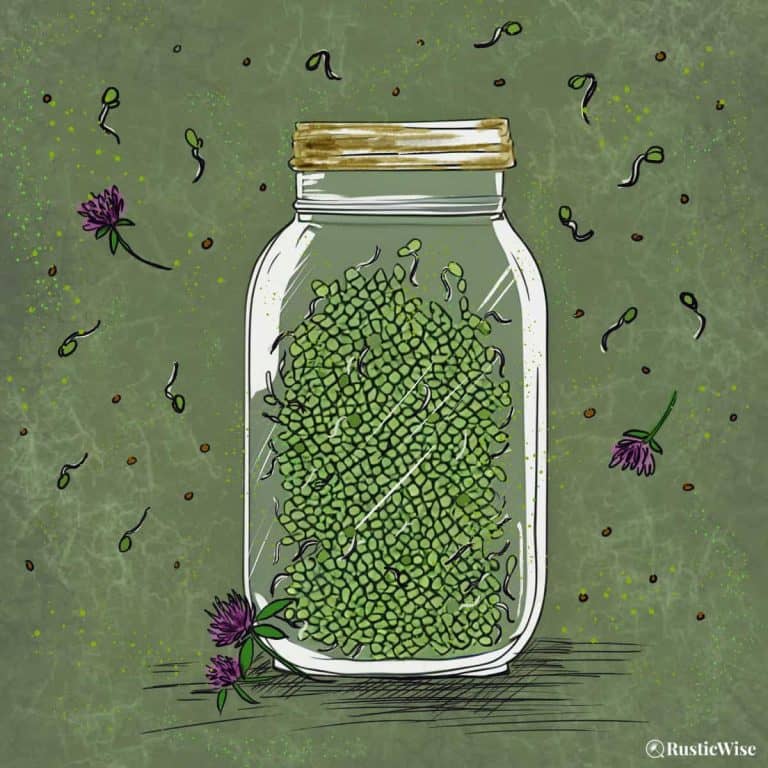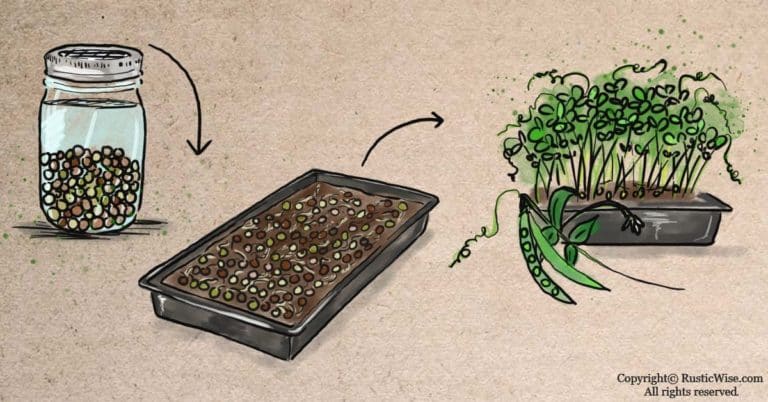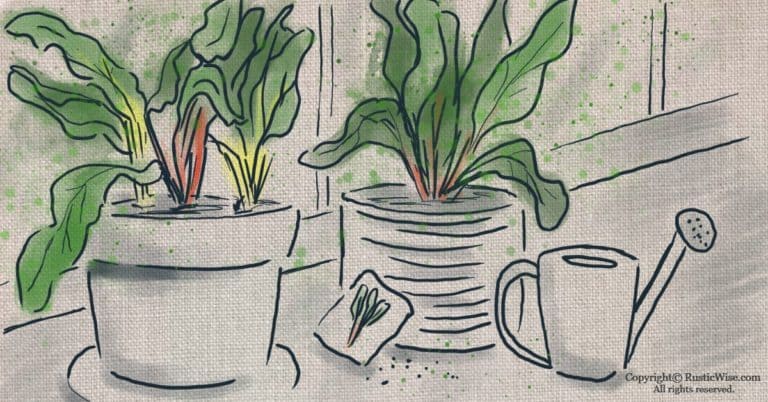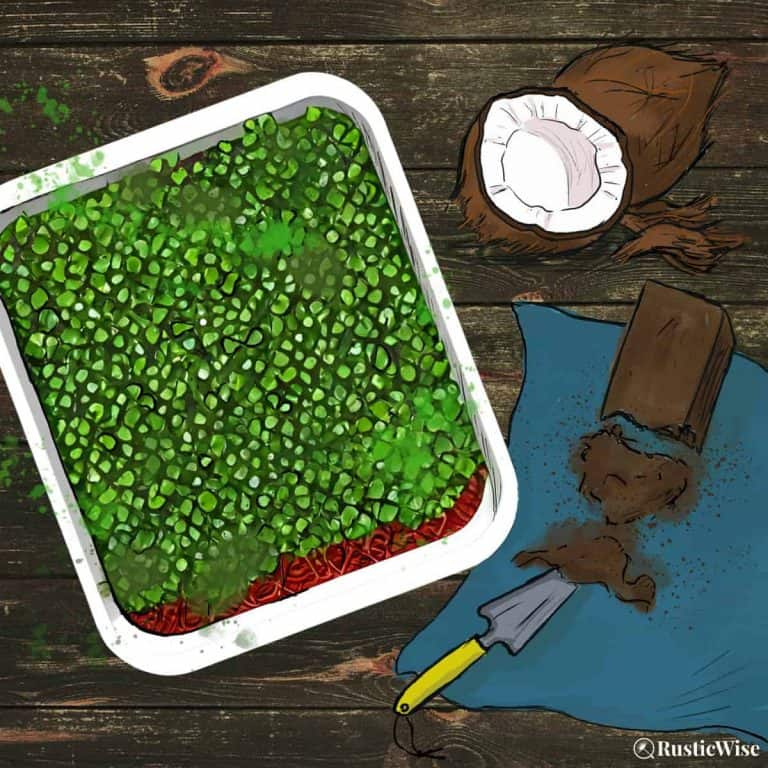Can You Compost Lemons, Limes, and Other Citrus Fruits?
Can you compost lemons, limes and other citrus fruits? The short answer is yes! There’s a persistent myth that citrus fruits can’t be safely composted due to concerns about the acidic properties, possible chemical residue on lemons, and the fact that the rinds are tougher to break down. These concerns are misplaced as any excess acid or chemical residues are neutralized during composting, and rinds can be cut into small pieces to speed up the decomposition process. As for adding citrus to a vermicompost, proceed with caution.
What are the benefits of including citrus into your compost pile? And how can you do so safely? In this article we’ll discuss whether citrus fruits like lemons, limes and oranges can be safely added to your compost pile or worm bin. We’ll also talk about how citrus fruits interact with other materials in a compost pile, so you won’t have any trouble getting them started if you do choose to include them in your collection of kitchen scraps.
Common myths about composting citrus debunked
Common citrus fruits include: lemon, lime, grapefruit, mandarin, orange, tangerine, and kumquat.
You can safely add these fruits and their peels to a backyard compost. In the past, many people shied away from adding citrus to compost for a variety of reasons which we’ll explore (and debunk) below.
Too acidic
Yes, lemons are acidic, but not so acidic that they harm your compost. In fact, compost microorganisms prefer neutral to acidic environments, typically between pH 5.5 to 8, according to Cornell University. This is particularly true in the first stages of the composting process.
If you remember, a pH of 7 is neutral; anything below 7 is acidic, while anything above 7 is alkaline. A slightly acidic environment lends itself favorably to certain fungi, and helps decompose cellulose and lignin. Cellulose is found in the cell walls of fruits and vegetables, while lignin binds together “woody” fibers.
As a compost pile further breaks down, many acids (such as the ones from citrus fruits) get neutralized. A finished compost typically has a pH range between 6 and 8.
If you have a balanced compost mixture, or in other words, a good mix of both “green” and “brown” compost ingredients, adding a splash of citrus once in a while shouldn’t hurt.
Hard to break down
Sure, citrus rinds with their cellulose may have a slower breakdown rate than wilted lettuce, for example. This shouldn’t stop you from adding it to your compost, though.
To speed up the decomposition process, cut the peels into small pieces (a good practice for any large chunks of compost materials, citrus or otherwise).
Possible chemical residue
Another concern with composting citrus fruits was the fact that many citrus fruits are treated with pesticides and fungicides to prolong shelf live during shipping.
However, many of these pesticides are easily removed simply by washing fruits. A study from The Connecticut Agricultural Experiment Station found that plain tap water and scrubbing fruits and vegetables for at least 30 seconds was enough to significantly reduce the level of nine of twelve pesticides examined.
Secondly, the microbes present during the composting process are able to effectively break down any pesticides on the market today, says the Cornell Waste Management Institute. Two chemical pesticides known for their inability to biodegrade, DDT and chlordane, aren’t allowed in the U.S. anymore.
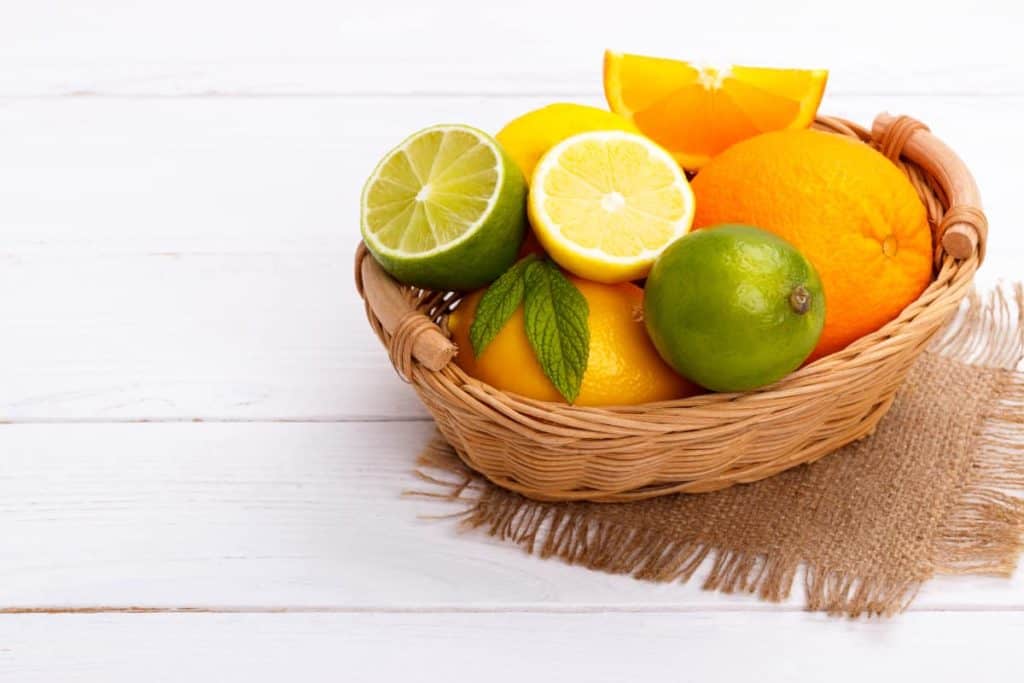
Benefits of adding citrus to your backyard compost
In composting terms, citrus falls under “green” compost components. Green materials are rich in nitrogen and are used to balance out the carbon-heavy “brown” materials. Nitrogen provides nutrition and helps microorganisms and insects to grow and multiply.
Other examples of green compost ingredients are kitchen scraps such as fruit and veggie peels, coffee grounds, and fresh grass clippings.
Besides providing nitrogen and other nutrients such as phosphorous and potassium, citrus fruits release an aroma that detracts pests from coming too close to your compost pile. While many of us appreciate the fresh, zesty fragrance of lemons, limes, and oranges, many backyard critters do not.
The other half of the equation of a healthy compost are “brown” materials which provide a shot of carbon. Carbon acts as a slow-release energy source for microorganisms. Examples of brown compost materials are dried leaves, twigs and branches, and shredded cardboard.
The slow-to-decompose “brown” materials help to balance out the more digestible “green” components.
The takeaway: Citrus provides a good source of nitrogen vital to a healthy compost heap. It also releases a zesty fragrance which repels backyard critters and pests.
How to compost lemons, limes, and other citrus fruits
What if you have a big pile of citrus in your backyard? Adding them all together as one large heap may not produce great results, but there are other ways that lemons, limes or oranges can work their way into your composting routine.
The key to adding citrus fruits successfully to a backyard compost is moderation. If you happen to go through a lot of citrus fruits during the week, it might overwhelm your compost pile, and throw off the balance of “greens” and “browns.”
Cut any large citrus rinds into small pieces before adding to the compost.
Mix citrus with other greens with moisture-rich components such as coffee grounds before adding to the pile.
What about the seeds?
Some people suggest removing citrus seeds before adding to your compost pile to prevent them from sprouting. I think this is unnecessary as it’s very unlikely that citrus plants will find a compost pile very hospitable—the chemical components are too strong. If you end up getting a few “surprise” citrus plants after spreading your finished compost around the yard, it’s easy to pluck the seedlings out. I say it’s okay to throw in a few citrus seeds.
Weed seeds on the other hand are a completely different story and can survive the rigors of a compost pile. Check out our article on composting weeds.
Citrus and vermicomposting
If you have a worm bin at home, it’s best to go easy on the citrus fruits. While adding citrus fruits isn’t exactly a hard no, it’s not exactly a food scrap you want to be feeding to your worms all the time either.
Why? Well, for one, many red wigglers don’t seem to like citrus rinds very much. When the worms don’t digest food scraps, the food is left there to rot and eventually create a stinky, slimy mess.
However, many people say that their red wigglers are more partial to citrus fruits and peels that have already started to decompose—in other words, are a bit slimy.
Note: I would be careful about adding moldy fruits or vegetables to a worm bin as some molds on fruits may harm the digestive systems of your wiggly friends. Some types of mold on vegetables seem to be okay.
Also, the pH balance of a vermicompost is much more delicate than that of a backyard compost. A few years ago, I went too heavy on the citrus with our vermicompost: I threw in a bunch of orange peels and lemon rinds without much thought.
Several days later I was left with a bunch of dead red wigglers. The likely reason was the environment became too acidic and/or the worms didn’t like the food enough to eat it. Either way, I suggest anyone with a worm bin to only add a little bit of citrus peel at a time to test it out. Maybe your wigglers will like it, maybe they won’t.
Please learn from my mistake and don’t go overboard with the citrus in your vermicompost!
Can you compost a whole moldy citrus fruit?
Yes, it’s perfectly fine to compost a moldy fruit or vegetable in your backyard compost bin. Mold cells on produce are one of the many that help with the decomposition process.
Of course throwing in a whole fruit or vegetable will take longer to break down. If you’re able to cut or smash the food in question first, this would help speed things up.
Conclusion: can you compost lemons, limes, and other citrus fruits?
If you’re like me and love to make homemade lemonade, or honey-lemon tea, then chances are you’ve got a bunch of lemons lying around. So, can you compost lemons? You betcha! Just be sure not to overdo it, and make sure to cut the peels into smaller pieces before adding to your backyard compost. And, if you have a vermicompost, proceed with caution when adding citrus peels: try a little at a time and see how your wiggly friends like them before adding more.
Related questions
Is pineapple okay for compost?
Yes, pineapple is fine for adding to a compost bin. Pineapple would be considered a “green” material, a nitrogen-rich food scrap.
As you can imagine, the different parts of a pineapple will break down at varying rates. The golden flesh is the easiest to decompose while the tougher core, skin, and top take considerably longer. Consider cutting the tougher components into smaller pieces first before adding to compost.
How often should you turn compost?
Turning your compost regularly is crucial to aerating and mixing it up. Turning your compost at least two times per week will help speed up the decomposition process. However, if you’re working with (or trying to achieve) a hot compost, you may turn it every day as necessary. Remember to keep the compost pile moist too—it should feel like a damp sponge.

References
- Cornell Waste Management Institute, Monitoring Compost pH, http://compost.css.cornell.edu/monitor/monitorph.html. Accessed June 2021.
- The Connecticut Agricultural Experiment Station (CAES), Removal of Trace Pesticide Residues from Produce, https://portal.ct.gov/CAES/Fact-Sheets/Analytical-Chemistry/Removal-of-Trace-Pesticide-Residues-from-Produce. Accessed June 2021.
- Cornell Waste Management Institute, Frequently Asked Questions, http://compost.css.cornell.edu/faq.html#pesticide%20residues. Accessed June 2021.
- The Guardian, Stumped? Citrus waste in my compost, plus the struggling avocado, https://www.theguardian.com/lifeandstyle/2010/apr/24/citrus-orange-peel-compost-avocado-dry. Accessed June 2021.

Author: Theresa Tesolin
Theresa is co-founder of RusticWise. She helps people unleash their inner DIY spirit by encouraging them to get dirty and make or grow something from scratch.

